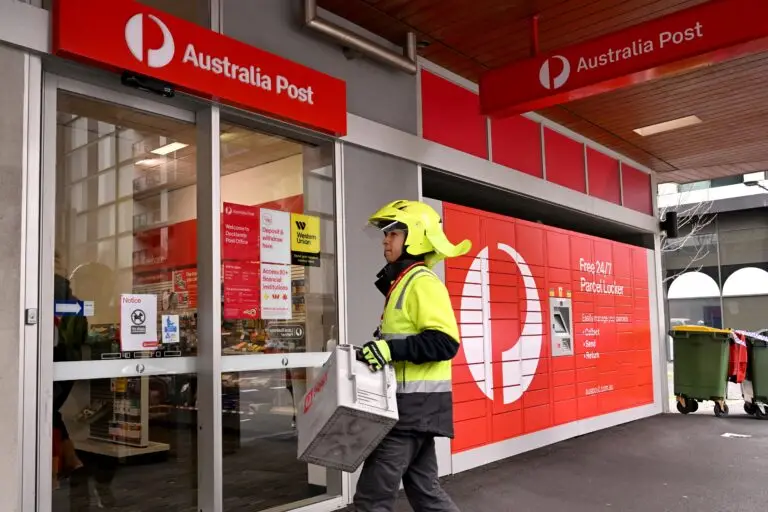A sweeping shift in U.S. import policy is triggering a global logistical backlash. At least 25 countries have halted postal deliveries to the United States, citing confusion, operational strain, and a lack of clarity around new customs protocols introduced by the Trump administration.
At the center of the disruption is the elimination of a long-standing tax exemption on low-value packages. Effective August 29, all inbound parcels—excluding those under $100 designated as gifts—will require customs duties to be paid upfront by the sender.
Postal operators from nations as diverse as Australia, France, India, Germany, Japan, and the UK have scrambled to suspend outbound shipments to U.S. destinations. With little guidance from Washington, logistics authorities say they cannot guarantee compliance or uninterrupted transit.
The Universal Postal Union (UPU), a UN-mandated body coordinating global postal services, confirmed that more than two dozen of its 192 member states have issued formal notices pausing outbound mail to the U.S. “This is an unprecedented response to an abrupt change,” a senior UPU official stated.
Cracks in the System: Who Collects, Who Pays?
The new requirement shifts a significant compliance burden onto foreign postal services. They must now pre-collect customs duties and hand over the funds to U.S. Customs and Border Protection—without a clear mechanism or legal framework to do so.
India’s communications ministry flagged critical gaps, citing that no proper designation of eligible “duty collectors” or standardized remittance procedures have been communicated. Meanwhile, Germany’s DHL warned that even packages exempted by value may still face intense scrutiny, raising fears of bottlenecks and rejected deliveries.
Tariffs now range from 15% on goods arriving from European countries to as high as 50% for packages from India, effectively leveling the same trade barriers used against bulk imports on individual consumers and small businesses.
E-Commerce in the Crossfire
The policy shift comes at a time when cross-border e-commerce is at an all-time high. UPU chief Masahiko Metoki has reached out directly to the U.S. Department of State, urging coordination before the changes jeopardize the global flow of goods.
The UPU said it is in talks with U.S. agencies to clarify requirements and has begun assembling a coalition of stakeholders to develop an alternative duty collection network. “We are exploring sustainable, scalable solutions to this problem,” the UPU said, referencing a cross-border duty settlement infrastructure currently under development.






